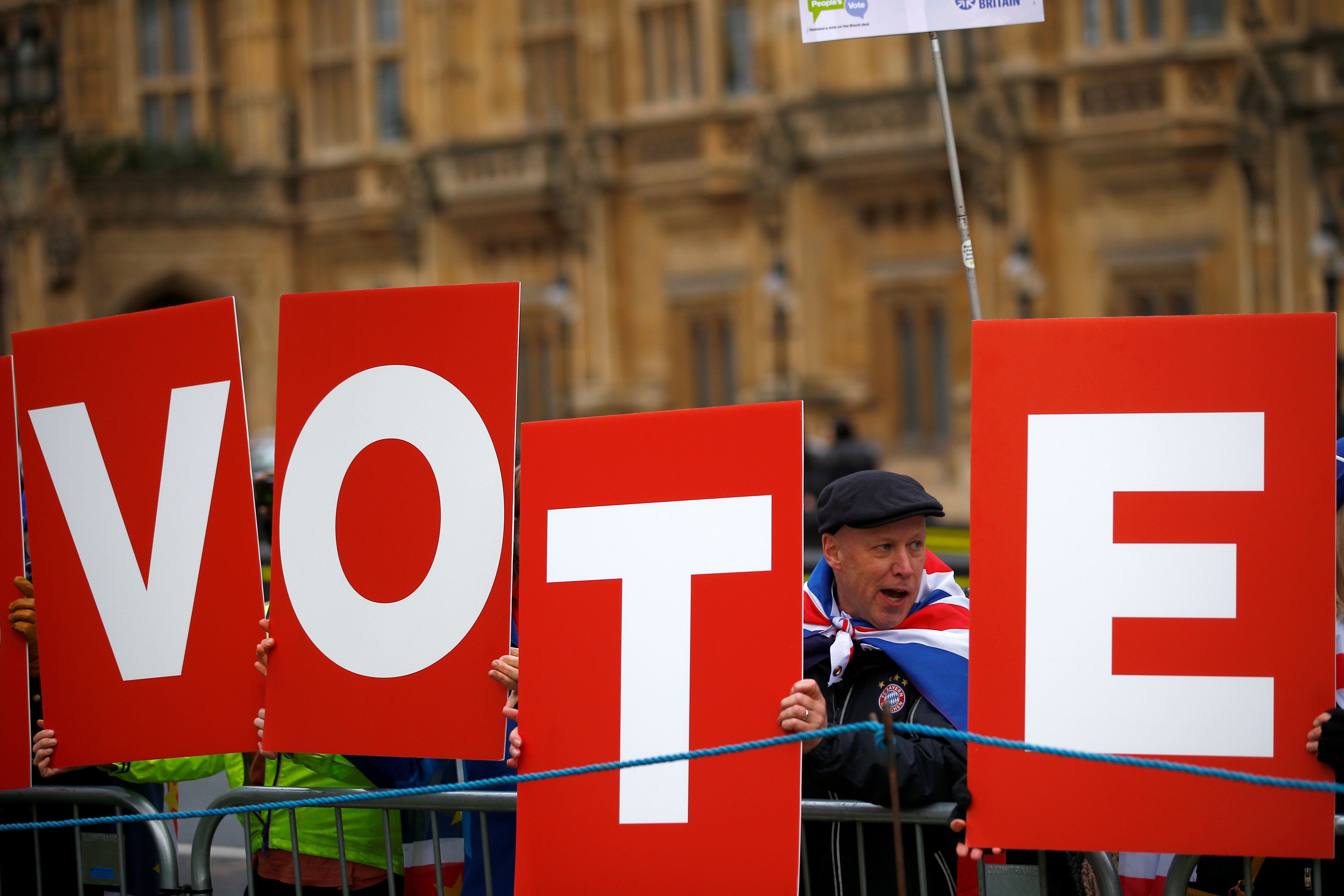Prime Minister Theresa May's victory this week in a confidence vote of Conservative Party MPs has deepened the Brexit stalemate. This makes a second Brexit referendum, once virtually unthinkable, an increasingly plausible possibility.
Here's why:
Nothing that happened this week alters the central problem facing the prime minister: There is no single Brexit plan that the EU will offer and the UK's House of Commons will accept. In fact, we learned on Tuesday that the Commons would reject May's EU-approved current plan by "a significant margin."
But now that she's survived a no-confidence vote of Conservative Party MPs, critics within her party can't call another such vote for one year. That leaves a deadlocked domestic political situation in the UK in which no clear alternative to May or her Brexit plan can emerge.
To secure her reprieve, May promised she would not lead the party into the next election in 2022. As a result, as rivals throw elbows to position themselves as her successor, she'll lose still more of her personal political leverage—just as the job of jamming through her plan becomes most difficult.
May is now playing for time. With the March 29 Brexit deadline looming, she's hoping her plan will look more appealing in January if MPs believe the only alternative is a crash-landing without a deal on the future of the UK-EU relationship. But there appear to be enough Brexit hardliners who want a crash exit and enough "remainers" hoping for a second referendum that her strategy won't win enough votes.
This reality might lead May toward desperate measures. She could try to push Brexit hardliners toward her plan by threatening them with a second referendum. For now, May says that's off the table, but if she changes her mind and makes this threat explicit, the party rebels can't call another confidence vote.
With no support in parliament and no room for bargaining with Brussels, the only way out is for May to earn a clearer public mandate from UK citizens themselves. That means asking Britain's voters not only whether they want to exit or remain within Europe, but what sort of Brexit they would accept. That means a second referendum.
Here, as in all things Brexit, the devil is in the details. How many questions should be asked? How should these questions be phrased? Conservative and Labour Party leaders will have to agree. And what if the second-vote results are inconclusive?
For now, we leave you with this perfect visual metaphor to capture the current state of Brexit.
